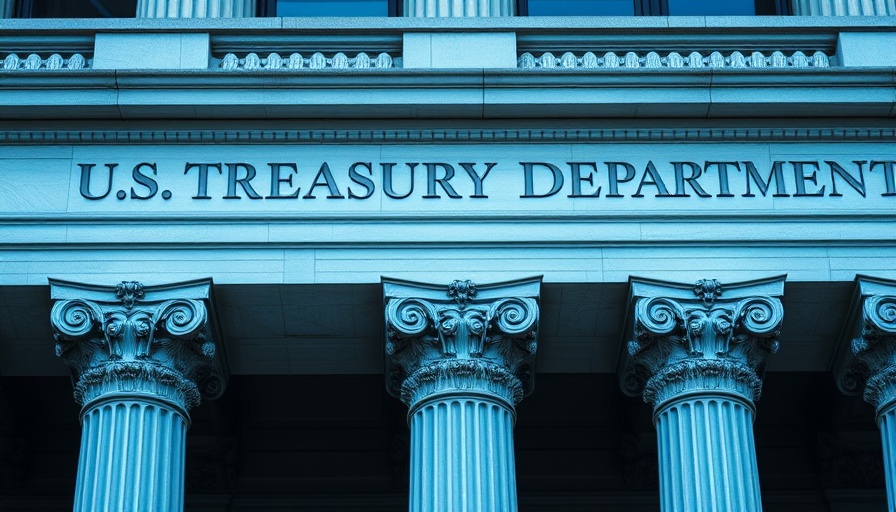
Your Money’s Safety Just Got a Little Less Certain
Recently, Moody’s, a major credit rating agency, made waves by stripping the United States of its coveted top-notch triple-A credit rating. This significant downgrade is raising alarms for import and export companies that rely on the stability of U.S. finances for their business operations.
What Does This Credit Downgrade Mean?
A credit rating downgrade indicates a perceived increase in risk, which can lead to higher borrowing costs for the government—as well as for businesses tied to it. Import and export companies often depend on stable funding and investment for international transactions. Higher costs of borrowing could eat into profits, affecting your bottom line.
The Broader Implications for Global Trade
When credit ratings change, the ripple effects can be felt throughout the global trade landscape. For companies engaged in import and export, uncertainty in the U.S. economy can lead to volatile exchange rates, which complicate pricing strategies and profit margins. Investors might look elsewhere, pulling funds from U.S. markets, which sets off a cascading effect on currency values and investment flows.
Why Businesses Should Pay Attention
Your business strategy may need to adapt in response to this rating change. Companies engaged in international trade might need to reassess their risk profiles. Consider diversifying supply chains or even investigating alternative financing options, such as local banks or international partnerships, to mitigate risks associated with fluctuating costs and market instability.
Embracing the Challenge: Finding Opportunities
While doom and gloom often accompany financial news, challenges can also present unique opportunities. For example, businesses might explore new markets that have previously been unconsidered or develop innovative products that fit emerging demands in light of economic changes. Having adjustable business strategies can be a strong advantage.
Conclusion: Staying Informed is Key
As Moody’s decision resonates through the financial sector, it's vital to remain informed and proactive. Understanding how these changes may influence your industry and adapting your strategies accordingly could pave the way for sustainable growth. Keeping an eye on financial insights and trends will empower you to make smarter, more informed decisions in these uncertain times.
 Add Row
Add Row  Add
Add 




Write A Comment